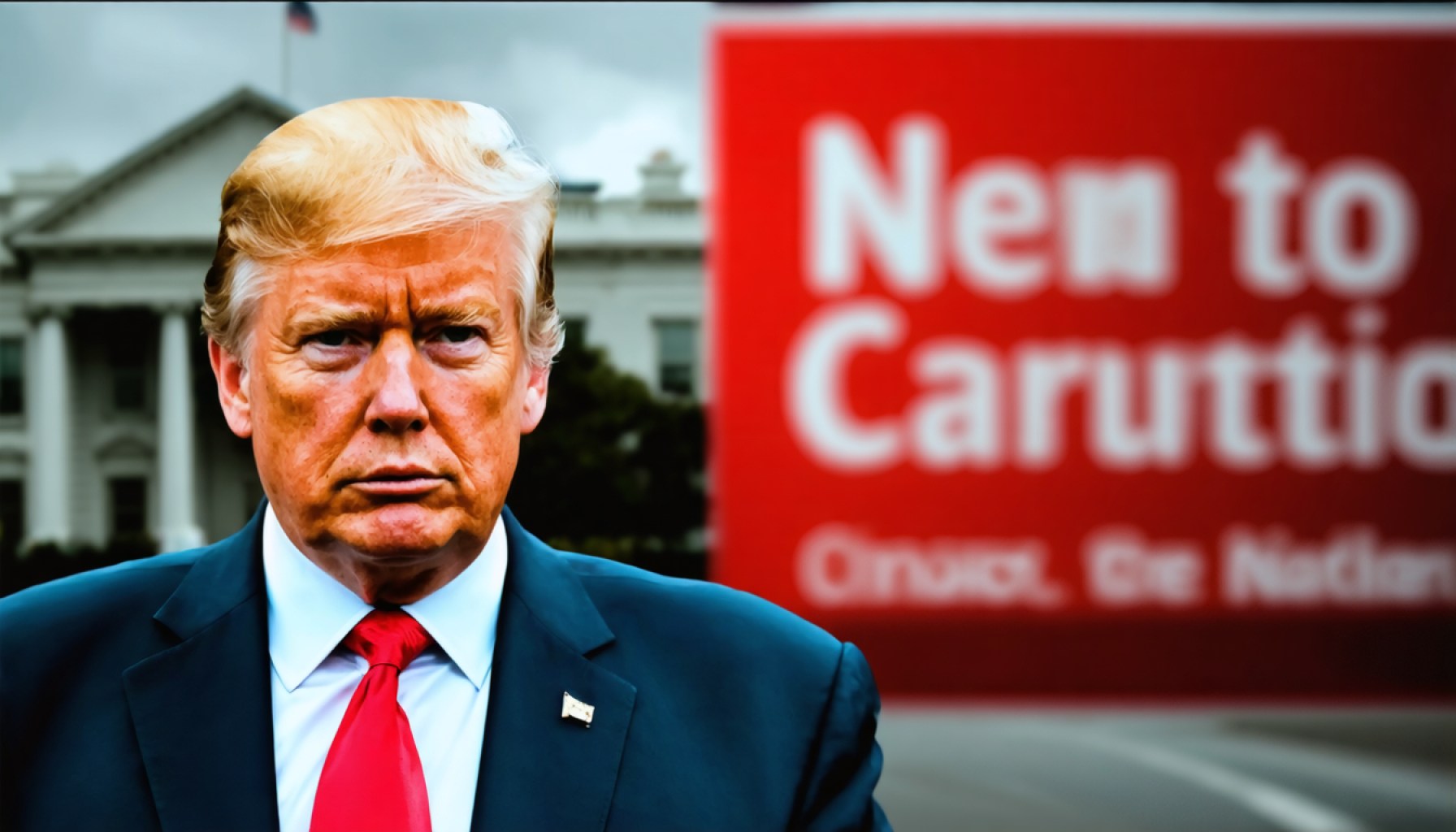- Jiang Chaoliang, a senior Chinese political figure, is under investigation for serious misconduct and legal breaches.
- Jiang held significant positions, including Governor of Jilin Province and Party Secretary of Hubei Province, known for governance and reform efforts.
- The investigation challenges the trust built during his career, highlighting the delicate nature of political power.
- The case emphasizes themes of accountability and transparency in addressing corruption within high-level governance.
- Jiang’s situation serves as a potent reminder of the importance of integrity and the fragility of status in public service.
Amidst swirling political tides, a new storm has erupted. A senior statesman, who once commanded the respect of his peers, now finds himself under intense scrutiny. The Central Commission for Discipline Inspection has announced that Jiang Chaoliang, a prominent figure in Chinese politics, faces serious allegations of misconduct and breaches of the law.
Born in August 1957, Jiang’s career was marked by his commanding presence and contributions to major provincial roles. His tenure as the Governor of Jilin Province and later as the Party Secretary of Hubei Province painted him as a stalwart of governance and reform.
Yet, the very edifice of trust that was painstakingly built crumbles as investigations uncover potential transgressions. The unfolding inquiry captures the imagination and concerns of a nation, raising questions about integrity and governance at the highest echelons.
This revelation sends ripples through the political landscape, a stark reminder of the fragile nature of power. Jiang’s story underscores the impermanence of status and the relentless pursuit of transparency in the face of impropriety.
As the probe deepens, it speaks to broader themes of accountability and the unwavering commitment to root out corruption. Jiang stands at the center of this unfolding drama, emblematic of both the potential for leadership and the pitfalls that beset those who falter from their duties.
The key takeaway resonates far beyond Jiang’s personal saga—a powerful reminder of the vigilance required to protect the sanctity of public trust. In a world constantly watching, integrity proves to be the most enduring legacy.
Shocking Allegations: Jiang Chaoliang’s Political Saga Unveiled
How-To Steps & Life Hacks: Navigating Political Turmoil
1. Stay Informed: Continuously follow reputable news sources to stay updated on the situation.
2. Critically Evaluate Information: Distinguish between fact and speculation by cross-referencing multiple sources.
3. Engage Constructively: Join community discussions respecting differing viewpoints while remaining fact-focused.
4. Learn from History: Study previous similar cases to understand potential outcomes and repercussions.
Real-World Use Cases: Implications of Political Scandals
Political scandals, especially involving high-profile figures like Jiang Chaoliang, can lead to:
– Policy Shifts: Potential reforms in governance models and anticorruption measures.
– Public Sentiment Changes: Affecting voter behavior and governmental approval ratings.
– International Relations: Altering diplomatic relations depending on the nature of the allegations.
Market Forecasts & Industry Trends: The Effect of Political Instability
Political instability can lead to:
– Economic Uncertainty: Markets may experience volatility as confidence in leadership wanes.
– Investment Hesitancy: Foreign and domestic investors may delay or cancel investments.
– Policy Fluctuations: Trade policies and regulations might shift, impacting businesses.
Reviews & Comparisons: Governance Models
Comparing governance models can provide insights:
– Authoritarian vs. Democratic: How different models handle allegations and accountability.
– Centralized vs. Decentralized Governance: Impact on efficiency and transparency.
Controversies & Limitations: Challenges of Political Accountability
– Opaque Processes: Internal proceedings might not be fully transparent.
– Influence of Power: Political influence can sway investigations.
– Potential Bias: Media and external parties may have their agendas.
Features, Specs & Pricing: Governance Frameworks
– Anticorruption Agencies: Organizations tasked with investigating misconduct.
– Legal Framework: Laws regulating political conduct and accountability.
– Transparency Mechanisms: Systems in place for public scrutiny.
Security & Sustainability: Long-Term Stability
– Sustainability of Political Systems: How current systems adapt to internal crises.
– Security Measures: Preventative measures to safeguard against misconduct.
Insights & Predictions: Future of Governance in China
– Stringent Reforms: Possible implementation of stricter governance reforms.
– Increased Accountability: Heightened vigilance over political figures.
– Technological Integration: Use of technology to monitor and ensure transparency.
Tutorials & Compatibility: Engaging with Political Content
– Media Literacy: Develop skills to critically analyze news content.
– Fact-Checking Tools: Utilize platforms like Snopes to verify information.
Pros & Cons Overview: Engaging in Political Analysis
Pros:
– Enhances critical thinking.
– Encourages informed decision-making.
Cons:
– Information overload.
– Potential bias and misinformation.
Actionable Recommendations
– Engage with Verified Sources: Prioritize information from reliable and reputable news outlets like BBC and Reuters.
– Participate in Civic Education: Enhance understanding of political processes and governance.
– Promote Ethical Discourse: Foster discussions grounded in evidence and respect.
These insights into Jiang Chaoliang’s case reflect the broader challenges and dynamics in political systems. By staying informed and critically engaged, individuals can better understand and navigate the complexities of governance and accountability.
